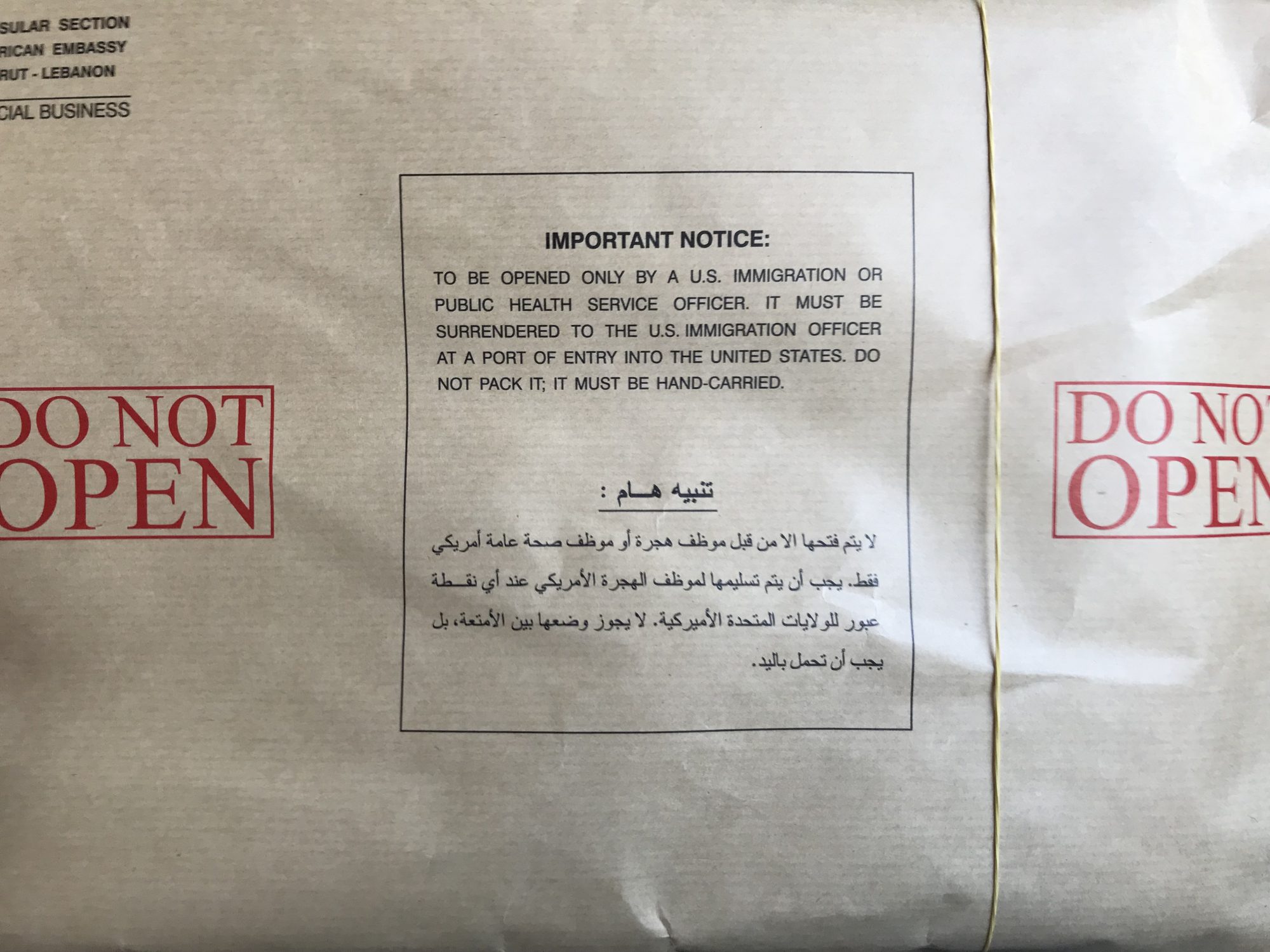The second volume of @thedepressedwaitress arrived in my mailbox alongside Easter blessings from the Servants of Mary, a religious order somewhere in Illinois; they’ve been sending me seasonal greetings ever since I asked for their prayers & relic fragments in a wild attempt at doing something, anything—come on, feel the Illinoise—in the totalizing face of medical certainty.
I didn’t start reading this volume until today, the same day I learned about Donna Haraway’s shared Eucharistic devotion & spiritual kinship with Bruno Latour in an endnote to an essay about spiders and tentacles and corvids and lichen, the same day I took the second module of a class on preaching in an age of screens—“intimate technology means more intimate delivery,” the course notes claim. “Think in terms of one-to-one, even when in groups.”
An aside: “Grief is a path to understanding entangled shared living and dying…Without sustained remembrance, we cannot learn to live with ghosts and so cannot think. Like the crows and with the crows, living and dead…” (Haraway, ‘Staying with the Trouble’).
What all of this means is anyone’s guess. But when they call—“these ghosts, those ghosts, our ghosts”—we respond, respond, respond.
The way this online course on preaching in the digital age is set up reminds me of something else I read today; Bruno Latour on the two “regimes” of scientific and religious “utterance”—“we must heighten the contrast,” he says, even while acknowledging the “interference and overtones” of these two ways of speaking in everyday practice. Similarly, this course’s whole premise is to push a large wedge between preaching as performance (written manuscript, classical music) and preaching as conversation (mental notes, jazz).
This is, of course, an artificial division, perhaps more so than Latour’s cleaving of love language and double-click communication, because, at the end of the day, preaching is still a broadcast medium. There is no actual dialogue going on—no feedback from the pews or behind the screens to riff on, no chord progressions skittering across a snaking bass line—it is all performed, in the least pejorative sense of the word. Setting aside the written manuscript is less conversation than conversation-al. It’s an affect, no less scripted, as any YouTuber or TEDTalker might happily admit.
So why this affect, exactly?
Here is what Latour might say: “Stick like glue to those that retrieve the movement of those words that don’t give access, don’t take you anywhere and especially not further or higher, but transform you—you—right now, the very moment they address you.”
I don’t believe in these heightened contrasts, but I do think we need this play of light and shadow to see more clearly; as one profound joke I came across one of my screens the other day put it: “dialectics is when you think you’re right about something but then realize you were wrong but then realize actually you were right both times.”
“Do a test: compile a list of everything said by the angels in the Bible, despite supposedly being tasked ‘with conveying messages,’ and you’ll learn next to nothing about anything. The information content of those thousands of injunctions remains close to zero – unless they’re turned into clues guiding the erudite labours of linguists, archaeologists or specialists in angelology. This is because angels do not convey messages; they change those they address. What they transfer is not an information content, but a new container. They don’t bring maps offering some hold to beings starved of knowledge – they transform their interlocutors. What they convey are not telegrams but persons. How many bits can be carried by advice such as ‘Believe!’, ‘Watch out, be ready’, ‘It’s you we’re speaking to’, ‘Look out!’, ‘Ave’, “He’s not here”? The first word of any telephone exchange, ‘Hello’, what linguists call the phatic function, says as much: ‘Communication is established’; ‘You’re wanted on the phone.’” (Bruno Latour, ‘Rejoicing: Or the Torments of Religious Speech’)
